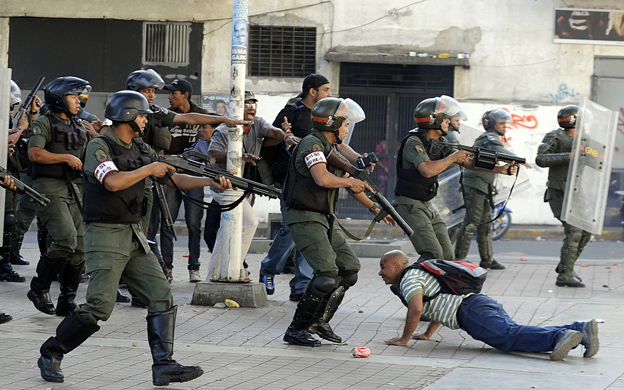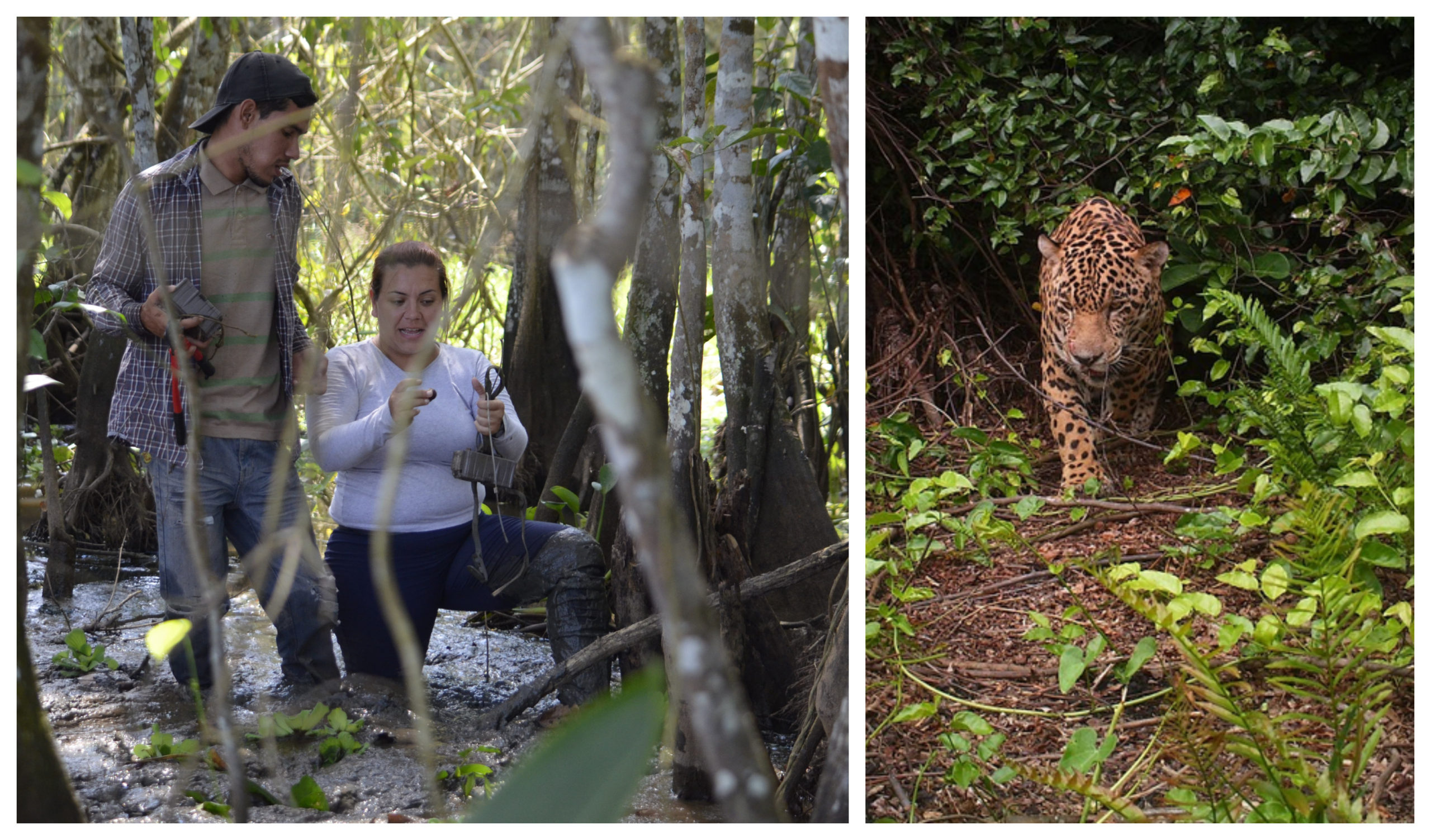2021 was a year of major challenges and opportunities to consolidate our humanitarian action in Venezuela. Throughout the year, the constant dialogue with the communities affected by armed violence, the authorities, and other actors – including armed persons – allowed us to respond to the most urgent needs of the most vulnerable groups such as the wounded, the sick, people in detention, separated families, and others.
Creating opportunities amid an unfavorable situation for many Venezuelans was our objective during 2021, which we materialized through the improvement of health, water, sanitation and infrastructure services, economic security projects, among others. Likewise, we work to assist people who were strongly affected by armed violence in areas such as La Victoria (Apure) and Cota 905 (Caracas), a situation that had a direct impact on the population in the form of forced displacement, injuries, and limitations in the access to basic services.
We also joined the work of the Venezuelan Red Cross and together with the International Federation of Red Cross and Red Crescent Societies, we offered all our support to the National Vaccination Plan against COVID-19, organized by the Ministry of Health, for the benefit of the population.
The most vulnerable communities in Venezuela will very likely continue to experience the effects of sometimes seemingly unstoppable violence. Without a doubt, the context can become more complex, but that is where our challenge lies: adapting and reorienting our activities or programs to serve the Venezuelan population and continue fulfilling our mission.
Arnaud de Baecque – Head of Delegation
These are just some of the activities carried out by the ICRC in Venezuela during 2021:
327,545 people benefited from primary health care and 67,633 people were assisted with emergency medical care in health centers supported by the ICRC.
13 vaccination centers assisted by the Venezuelan Red Cross received financial support (fuel, hydration, and food for their volunteers) for their participation in the National Vaccination Plan.
3,225 people benefited from a balanced meal in 10 community kitchens.
5,397 connectivity services provided (calls, WIFI connections, battery recharging stations).
8,265 people deprived of liberty in 10 detention centers received a visit
8,890 body bags, 179,000 personal protection items, and 17,000 units of medical and hygiene supplies were delivered to 19 forensic institutions.
526 volunteers from 30 sections and subcommittees of the Venezuelan Red Cross received training in safer access, operational risk management, and safe driving.
Translated by Jose Rafael Medina




